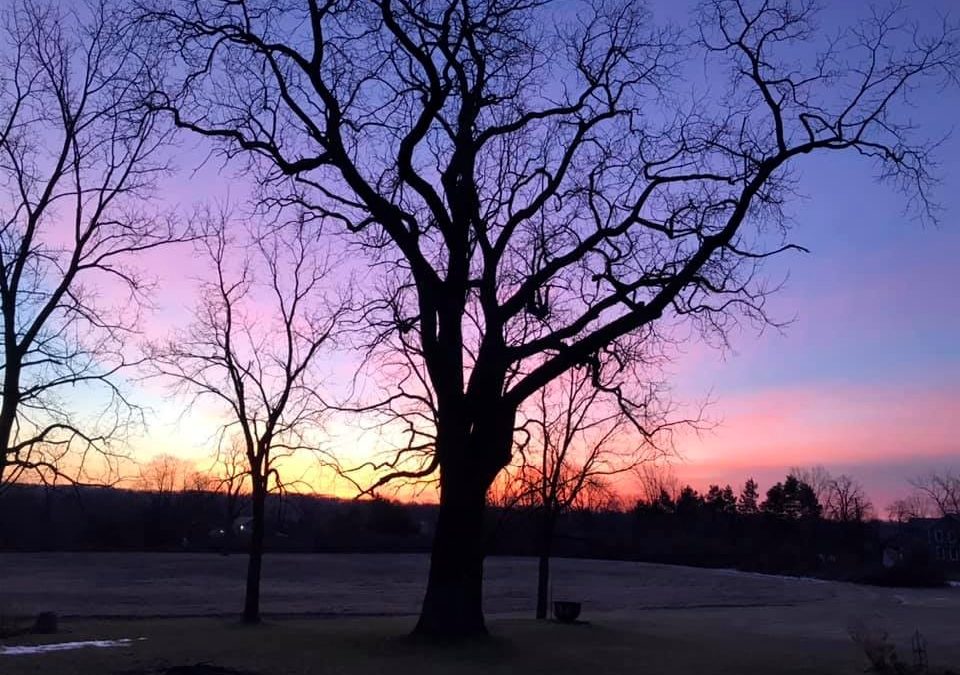A friend told me she wants to buy a farm. She is a suburban gal with an undergraduate agricultural degree, so has the passion. Her career wasn’t agriculture though, it was high tech. Now retired, she is ready to launch that Third Act, the next adventure, the next iteration in her life. Her dream now, a farm. Living the farm life is a great next step, provided lots of research is done and one’s eyes are wide open to the nuances of the farm life.
To a city person farm life appears idyllic, calming, rewarding. Days are spent working the land, feeling connected with nature, producing food, and tending animals. Perhaps having no boss, being an independent business person, is the draw. Perhaps just owning the land–the wide open space–fills the need when the daily grind of tech life is done. Even so, remember animals need to be fed and row crops need to be watered. Even then, just owning the land could be the calling. It’s important to know that if the daily chores are not the desire, then finding a good tenant to keep the land in production is an excellent alternative.
Keeping farmland producing food and not sprouting house is so important to our country’s health and well-being. We need farmland growing food. Why? Because everyone eats!
Early Farm Experience
My Grandma grew up in a village on the south shore of Long Island. Grandpa’s formative years were in a small town on the shores of Lake Erie. Grandma and Grandpa met at Penn State, married, and moved every five to 10 years to different towns always in the suburbs and always in New York State. Grandpa spent his entire career in mid-20th century high tech–the aerospace industry–perfecting propeller and wing designs. Grandma raised three girls and volunteered as many women did in that day. Sixty years ago with their children launched, Grandma and Grandpa took the plunge and bought a 90-acre farm in western New York.
Grandpa’s Farm (even though Grandma lived there, too) straddles the Niagara Escarpment–the same geological formation over which Niagara Falls continues to cascade and froth. Grandpa wanted the space, the tranquility, the ability to get away from it all. Even today, Grandpa’s Farm is a place of peace and serenity, a refuge. Remembering the plethora of blackberries to pick, fields and woods to tromp and explore and the tranquility of a 360 degree sunset at day’s end still brings calm. Grandma and Grandpa left this earth 19 years ago, and thankfully, my cousins became the Farm owners. My childhood refuge is open for visitation, an upcoming cousin’s wedding, and the next total solar eclipse that sweeps across the U.S.!
Grandpa leased the lower 40 acres to commodity crop farmers–growing lots of corn. The upper acreage his playground, his fields to mow, Grandma’s garden to till, his bees to tend. Now my cousins launched into retirement are planning and planting nut trees–the Farm life continues.
Farming is idyllic and at the same time wicked hard work. There is no steady paycheck. The whims of nature can challenge. A 100°F heat wave can parch chickens, a hailstorm can pummel tomatoes, an early frost can wipe out cucumbers. Too much rain or too little can all impact the outcome of the viability of a growing season.
Why Buy a Farm?
Buying a farm to keep it in agriculture is not only important for the beauty of the landscape, the sense of space, but also the health of our food system. Our food system is fragile. As Americans we have been blessed with abundant fertile ground and plentiful food options. Too often, we have taken our agricultural lands for granted and their “highest and best use” is calculated in development value for houses, malls or industrial warehouses, rather than their value for food production.
The cold hard facts of farmland loss are demonstrated in the 2019 Washington State Agland Database prepared by the School of Environmental and Forest Sciences at the University of Washington. In a 12-year period between 2007 and 2019, Washington agricultural acreage declined by 292,000 acres or about one and a half times the acreage of the City of Seattle. Significant farmland losses are found in the key fruit growing regions of the state on the east side of the Cascade Mountains in Yakima, Okanogan, Grant, and Benton Counties. In Yakima County alone 36,570 acres of farmland were lost, not to be recovered.
The American Farmland Trust in their 2020 Farms Under Threat: State of the States continues to emphasize the threat to food growing lands in the path of development. Ninety percent of the fruits, tree nuts, and berries are grown on land threatened with the pressure of development, and thus, not protected by an appraiser’s “highest and best use” calculation.
Buying a Farm in the Third Act and keeping the ground farmed is good for our long term food security. Grandpa left high tech of his day to live the farm life. Perhaps my friend, too, will find her farm!

